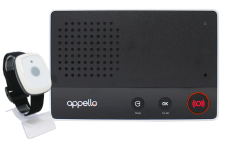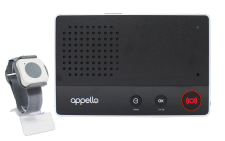Social Media sites such as Facebook, Twitter and Instagram can be a great way to connect over the internet with friends and family. However, it is important to be cautious and protect your loved ones from the dangers of social networking.
Keep Passwords Private
- Encourage your loved ones to keep this completely private, never share your password online with anyone.
- Try to help your loved ones choose unique and complex passwords that wouldn’t be guessed. Avoid the common passwords, such as ‘Password123’.
- If possible, discourage loved ones to write passwords down, particularly in obvious places, where anyone could get access too.
Read our guide to keeping your passwords safe and secure.
Check the Privacy Settings
- It is very important to check your loved one’s privacy settings. This includes ensuring their phones number and email address isn’t visible.
- On Facebook, make sure all posts and photos are only visible to friends, or friends of friends, instead of making them public.
- On Twitter, consider making the account private or ‘protect your tweets’ as this limits the visibility of their posts to just their followers.
- Similarly, set their Instagram account to private. If anyone wants to follow them, or see their photos, they must send a request, which your loved one will then have to approve.
Learn how to get your elderly loved ones using Facebook by reading our guide.
Friend Requests
- Help your loved one monitor their friend requests. Stress the importance of only accepting friend or follow requests from genuine friends that they know well.
- Report fake accounts. If your loved one receives a request from an account that seems strange, or if they attempt to message your loved one, be sure to use the reporting methods in place for that network. Here are the links to Facebook, Twitter and Instagram’s reporting procedures.
Online Chats and Messages
- If your loved one’s privacy settings are secure then this shouldn’t be too much of a problem. People won’t be able to directly contact them, without requesting to do so.
- However, it is worth reminding your loved one not to disclose any private information over online chats. This includes contact details, personal details, passwords, addresses and bank details.
Staying Safe at Home
These are some very useful tips which will help your loved one to stay safe online. If you feel that they need a little more security at home, our personal alarms could be what you are looking for. You can find out more about them in our in-depth guide, or by getting in touch with our Customer Service Team on 0800 101 3333 or via email info@careline.co.uk.
We’re also on social media and we’d love for you and your loved ones to become friends and followers. You can find Careline on Facebook and Twitter.
Choose Your Personal Alarm
To help you choose, start by selecting where you would use your personal alarm. In home only or at home and on the go.













Leave a Reply